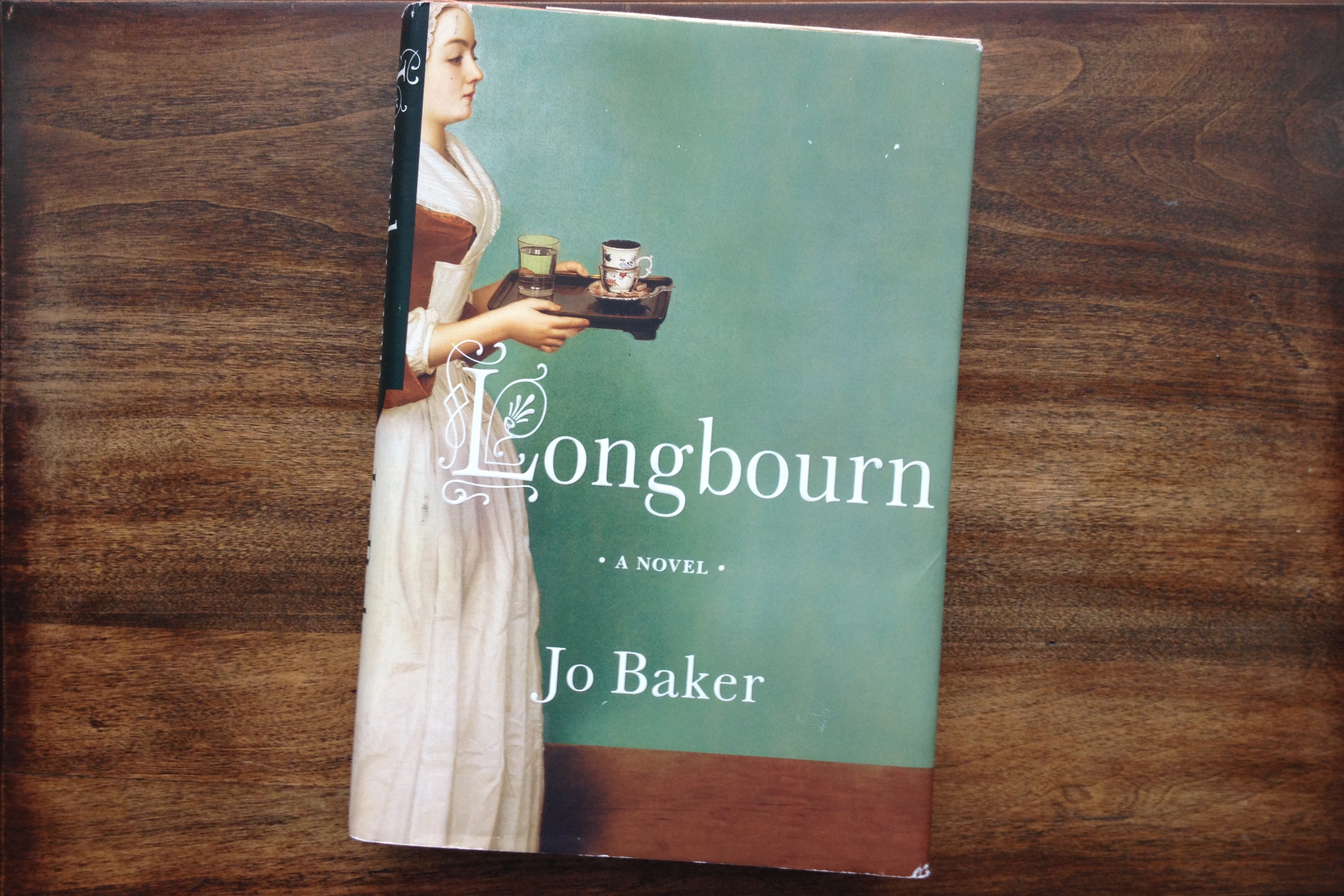Tag: Longbourn
-

Story in Review: Longbourn by Jo Baker
A retelling of Pride & Prejudice, but from the point of view of the servants, Longbourn by Jo Baker is a delightful read. If you are a fan of P&P (I most certainly am), and are always eager to read just a little more from the worlds of Elizabeth Bennet and Fitzwilliam Darcy, then you will probably…